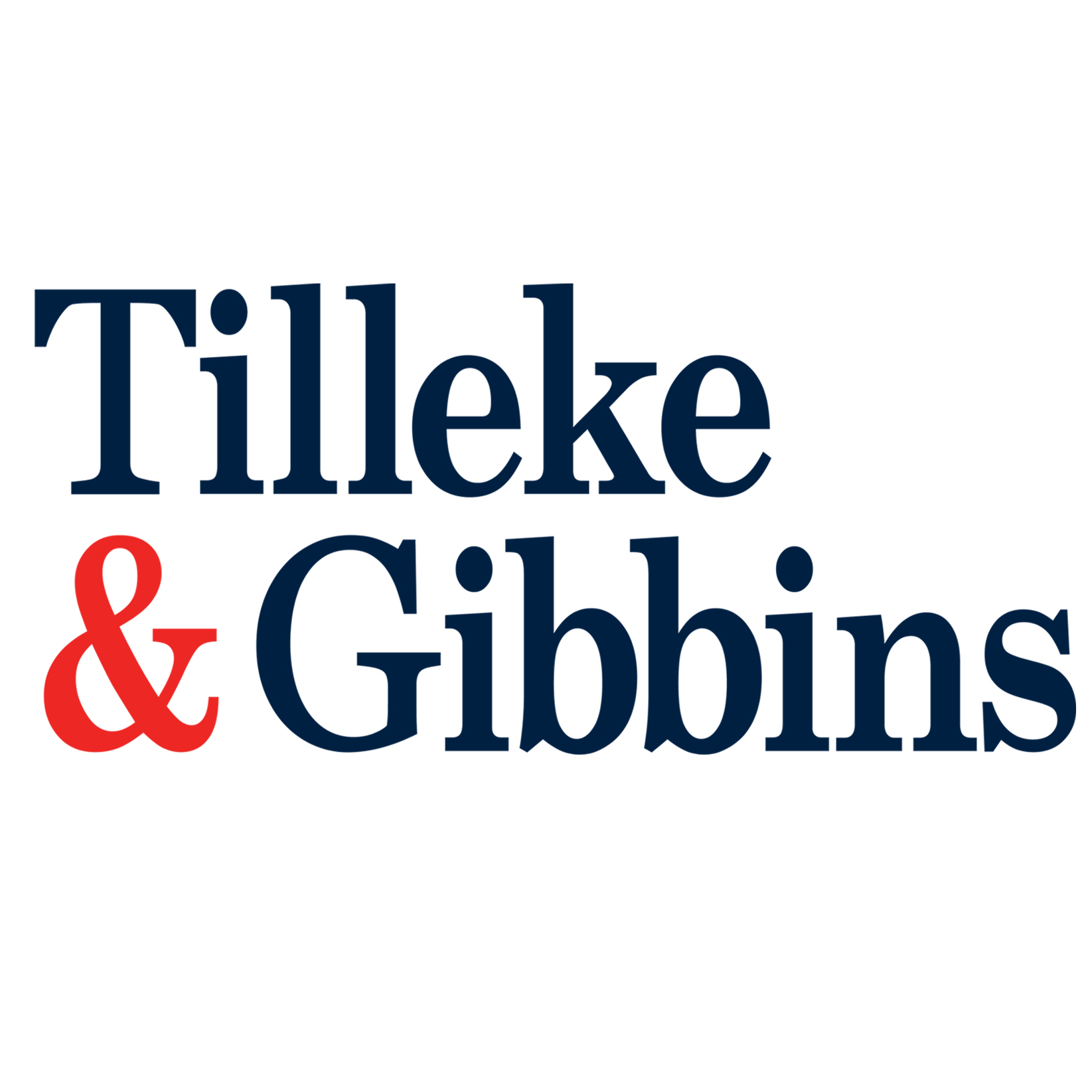Traditional Medicines and OTC Products
Tilleke & Gibbins / Vietnam
Want to know more about traditional medicines and OTC products in Vietnamese Pharma? Read on! Prepared in association with Tilleke & Gibbins, a leading law firm in Vietnam, this is an extract from The Pharma Legal Handbook: Vietnam, available to purchase here for USD 99.
1. What are the regulatory requirements for traditional, herbal, complementary, or alternative medicines and devices?
The Law on Pharmacy and its implementing regulations are equally applicable to modern drugs and traditional and herbal drugs.
There is no notion of alternative devices in Vietnamese law and therefore the legal framework for devices is applicable to all devices.
2. Can these traditional, herbal, complementary, or alternative products be advertised directly to the public?
Please see question 17 of Marketing, Manufacturing, Packaging & Labeling, Advertising.
3. What health, advertising, and marketing claims may be made for traditional, herbal, complementary, or alternative products?
A drug advertiser may only make advertising claims that conform to the drug label and leaflet, the dissertation on the drug in the National Pharmacopoeia of Vietnam, and related instructions provided or recognized by the MOH.
4. What are the regulatory requirements for over-the-counter (non-prescription) medications?
The MOH is responsible for issuing a list of approved OTC medications in Vietnam. This list was included in Circular No. 07/2017/TT-BYT dated 3 May 2017.
Drugs are considered for selection for the OTC list when they meet the following criteria:
- Low toxicity, no toxic degradation products, and no serious adverse reactions that are known or warned against by the World Health Organization, regulatory authorities of Vietnam or foreign countries;
- Dosage range is wide and safe for various age groups, with no significant effect on the diagnosis and treatment of diseases that need clinical monitoring;
- Drugs are indicated to treat common diseases which can be administered by patients themselves without a prescription or monitoring from medical practitioners;
- Simple dosage forms (oral, topical administration), and appropriate concentration for self-treatment by patients;
- Rare interaction with other drugs or common foods and drinks;
- Limited possibility to cause dependence;
- Limited risks of overdose or misuse affecting the safety of the users;
- Have been sold in Vietnam for at least five years.
5. Are there any limitations on locations or channels through which OTC products may be sold?
OTC drugs can only be sold at pharmaceutical retailing establishments, including pharmacies, internal medicine kiosks, and medicine stations of communal health clinics.
6. What health, advertising, and marketing claims may be made for OTC products?
Please see question 3 (above).
7. Can OTC products be marketed or advertised directly to the public?
Please see question 17 of Marketing, Manufacturing, Packaging & Labeling, Advertising.
8. What is the mechanism by which a prescription-only product can be converted to an OTC product?
There is no clear-cut mechanism for a conversion. Pharmaceutical business entities and healthcare establishments can make proposals to the DAV regarding an amendment or addition of new drugs to the list of OTC products based on the market situation and the demand of drugs for treatment to the DAV. The DAV then makes its recommendations to the MOH for the amendment of the list of OTC products based on such proposals or the conclusion of the MA Advisory Council.
9. What are the requirements for the importation of either traditional medicines or OTC products?
Drugs for which an MA has been granted can be imported into Vietnam with the desired volume without the need of an import license.
An import license must be obtained for importation of the following:
- Drugs without an MA;
- Drugs for which an MA has been granted but the available quantity is not sufficient for treatment;
- Drugs that contain an herbal ingredient that is used in drugs for the first time in Vietnam;
- Drugs that contain an herbal ingredient of which the quantity is not sufficient for treatment;
- Drugs for urgent demand of national defense, security, prevention and elimination of epidemics, disaster recovery, or special treatment;
- Rare drugs;
- Drugs with the same trade name, active ingredients, concentrations, and dosage form as an original brand name drug which is granted an MA in Vietnam, manufactured by the same manufacturer of the original brand-name drug or an authorized manufacturer, and whose price is lower than that of the original brand name drug being sold in Vietnam at the request of the Minister of Health (parallel imports);
- Drugs for a health program of the state;
- Donation drugs;
- Drugs used for clinical trial, bioequivalence study, bioavailability assessment, as a sample for registration, testing, scientific research, or as a display at a fair or exhibition;
- Drugs for other non-commercial purposes.
The holder of the import license can only import the drugs within the quantity/quota specified in the import license.























































